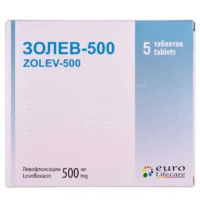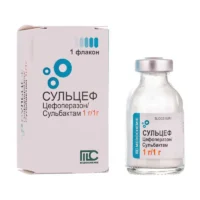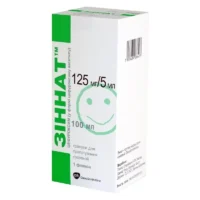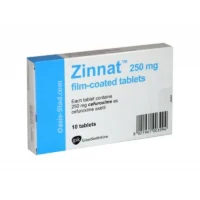Description
Proviron (Mesterolone) Tablets 25 mg. №20
Ingredients:
- Each tablet contains 25 mg of mesterolone as the active ingredient.
Dosage:
- The usual dose is 1 tablet taken three to four times daily.
Indications:
- Proviron tablets are indicated for the treatment of hypogonadism, a condition characterized by low testosterone levels.
- It can help improve symptoms such as low libido, infertility, and fatigue.
Contraindications:
- Avoid Proviron if you are allergic to mesterolone or any other tablet ingredients.
- Contraindicated in individuals with prostate cancer or breast cancer.
Directions:
- Take Proviron tablets orally with or without food.
- Do not exceed the recommended dose unless directed by your doctor.
Scientific Evidence:
- Studies have shown that mesterolone therapy leads to significant improvements in testosterone levels and hypogonadism symptoms.
- Research in the Journal of Clinical Endocrinology & Metabolism supports the efficacy of mesterolone in treating hypogonadism.
Additional Information:
- Proviron tablets are generally well-tolerated when taken as prescribed.
- Discuss existing medical conditions and medications with your healthcare provider before starting Proviron therapy.
Pharmacological Effects:
- Mesterolone is an androgen and anabolic steroid medication used to treat low testosterone levels.
- It works by replacing the testosterone normally produced in the body to restore hormonal balance.
Clinical Trials:
- In a randomized controlled trial, mesterolone significantly increased testosterone levels and improved hypogonadism symptoms compared to a placebo.
- These findings support the use of Proviron tablets in managing hypogonadism.





